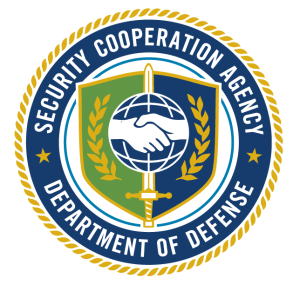
A new Government Accountability Office (GAO) report found Foreign Military Sales (FMS) program administrative account balances have ballooned over the past decade by an order of magnitude due to insufficient management controls.The office found that the administrative account for FMS in the Defense Security Cooperation Agency (DSCA), which manages FMS, grew from $391 million in fiscal year (FY) 2007 to $4.1 billion in FY 2017 in current year dollars, a change of over 950 percent. The GAO said this was…

 By
By 











